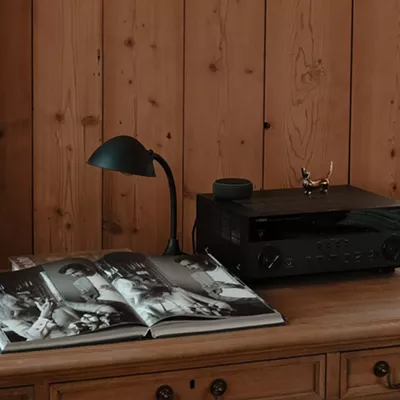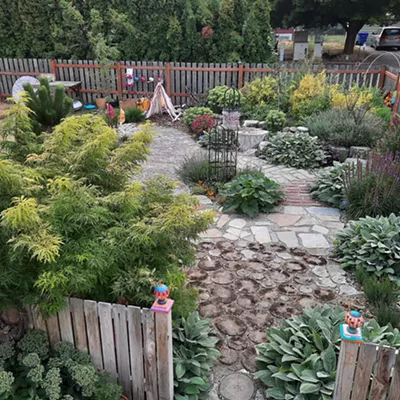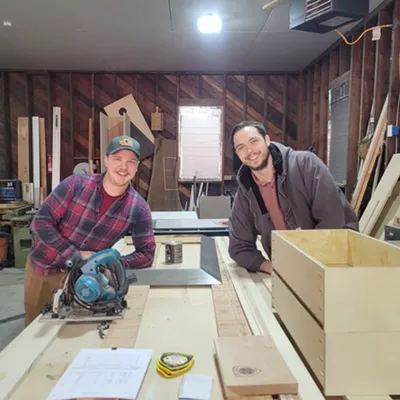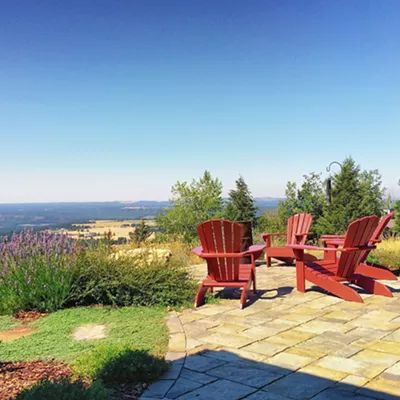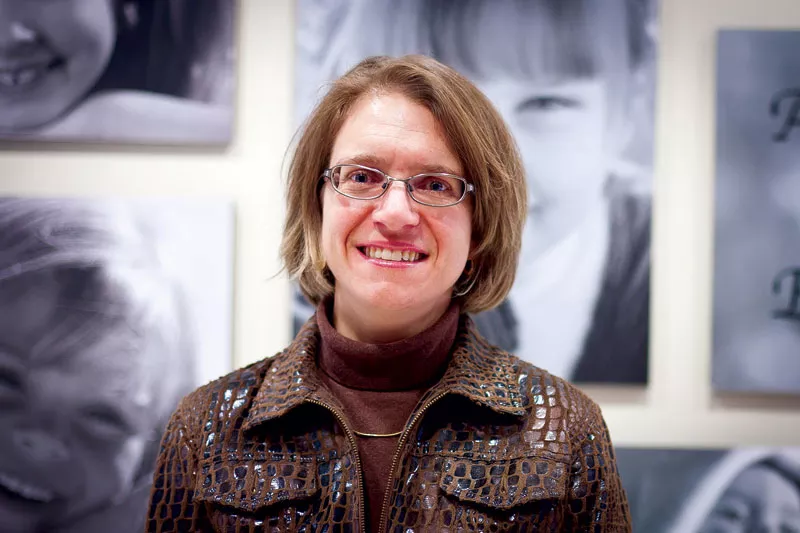
Wendy Osterling played lacrosse in high school. She ran and skied cross-country as well — going on to ski for Dartmouth College — but lacrosse, for her, was a unique and particular sort of challenge. Osterling is deaf, and team sports tend to rely on sharp hearing. There are whistles and called plays between teammates. There are 20 players and referees to keep track of.
But her team developed a series of hand signals for play-calling, her brain developed excellent peripheral vision, and she learned to infer stoppages of play from the way other players behaved. “I’d stop when they stopped,” she says.
This didn’t always work, though, so she’d ask the ref to tell the other team to just wave at her if play had stopped and she hadn’t.
Later, during her medical residency in Salt Lake City, she worked under a rotating cadre of doctors. “Some were really interested,” she says, and others would warm up to her once she demonstrated her capability. There were those, though, who didn’t come around — “people I call ‘asshole doctors,’” she says — who raised objections to a deaf resident on principle and never let go. She had interpreters to help aid her interactions, and she worked hard with them to make communicating with patients and other doctors as seamless as possible.
“I tried really hard not to put the burden on anyone else,” she says, “I really wanted it all on me.”
Because she is deaf, Wendy Osterling has learned to take help where she could find it, even in an opposing lacrosse team.
And yet, because she is deaf, Osterling has learned to solve her own problems, because help doesn’t always come.
Osterling was born in Michigan, and doctors didn’t catch her hearing impairment until she was 2 years old. She was fitted with hearing aids. The family moved to Massachusetts a year later. The area had two deaf schools. One was an oral program and the other focused on sign language. Her parents elected to send her to the oral program, which focused on speaking and taught her to read lips.
Osterling went to that school until after third grade, when her parents decided to mainstream her into the public school system. “Fourth grade was a great year to do it,” Osterling says, “[Kids] are still curious at that age, they ask questions.” It wasn’t until middle school that “kids got mean,” especially in sixth and seventh grades. Especially on the school bus.
“My parents were really cool about it,” she says. “They said, ‘Figure out a good comeback.’”
As school wore on, it became more difficult to pick on someone who proved as capable as Osterling was, but of course it wasn’t impossible. She learned to take solace in the friends she had made and learned to accept that there were people who wouldn’t accept her no matter how good she was. “Some people are just jerks,” she says.
Osterling studied biology at Dartmouth, because it felt natural. Her mother taught science and would demonstrate her experiments to a young Wendy before showing them off to her classes. She didn’t fall right into medicine, though. She was a Howard Hughes Scholar and worked with a pulmonologist studying snail brains.
She had no intention of becoming a doctor at that point, let alone a pediatric neurologist, but her life has had a strange way of circling back to cognition.
“My interest in brains goes way back,” she says. As a child, she had found an old print of a human brain owned by her great-great-grandfather, who was a physician in Germany. She hung it up, but it didn’t become an avocation until much later.
She took five years off after undergrad. Like a lot of young people, she says “I had a hard time deciding what I wanted.” She didn’t loaf about, though. She worked at the American School for the Deaf in Connecticut, spent two years in Boston and, then, for an encore, joined the Peace Corps and was assigned to Ecuador, where she learned to speak — and lip-read — Spanish.
Peace Corps volunteers are often given the book Where There is No Doctor, a widely used and translated guide to village health care. (Osterling’s version was in the original Spanish, Donde No Hay Doctor.) She used the book to help townspeople figure out their ailments.
She was assigned to do environmental education and forestry, but she says the most gratification she got out of the job was in one-on-one interactions with people. “It was in Ecuador that I really got interested in medicine,” she says.
When she returned to Dartmouth for medical school, and especially later, when she began treating patients as a resident, she realized her hearing loss made the one-on-one interactions she had with patients unique, and in an important way, she thinks, deeper.
Wendy Osterling has cochlear implants now, and, at 38, she can hear more than ever before. She has stopped using interpreters, but she still needs to read lips to fully track a conversation. Instead of leafing through a patient’s chart or giving an exam while talking, Osterling has to sit, deliberately, and look at the person’s face.
She speaks well — and even better since the implants, her friends have told her — but certain words can get lost, so it becomes important for the person she’s speaking with to be very present in the conversation as well.
It forces an intimate conversation space that Osterling relishes: “I feel more connected.”
It also helps her understand patients’ difficulties. She shares her experiences and listens to theirs. She learns as much as she teaches. “I tell them my secrets” for adapting, she says, “and they tell me their secrets.”
Like everyone, Osterling has spent moments in her life wondering what it would be like to be other than she is. “I had a great childhood,” she says, “I have a great life, but sometimes I wonder.” What if she had done a sign program instead of an oral program? What if she had gotten cochlear implants earlier in life?
More philosophically, sometimes she wonders what life would be like if she’d been born with hearing. “I sometimes think I might have been a surgeon,” she says.



